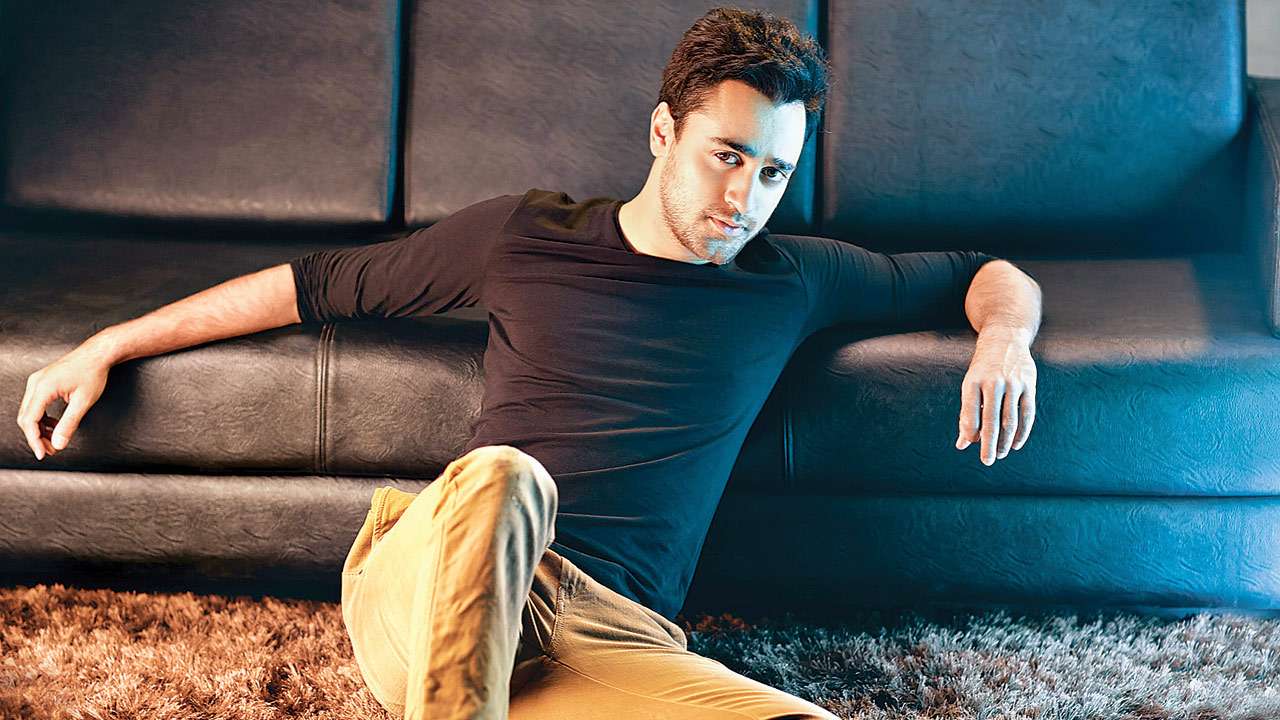
Imran Khan, who was last seen on the big screen in Katti Batti (2015), has now turned director. The suave actor has written and helmed Mission Mars: Keep Walking India, which is launched by Johnnie Walker — The Journey and produced by Dharma 2.0.
The short film, which releases digitally on September 20, revolves around The Mars Orbiter Mission (MOM), (also known as Mangalyaan), which was launched by the Indian Space Research Organisation. Since September 24, 2014, India’s rover successfully began orbiting Mars, marking the country’s first venture into interplanetary space. Imran, who is ‘a self-confessed space geek’, talks about his transition from an actor to a director, being influenced by Steven Spielberg, and his future plans. Excerpts...
Everyone had been asking me for the past 10 years when would I direct a film, so I thought it was finally time (laughs).
I’ve always been fascinated by space exploration. Ever since I was a kid, it has fired my imagination. In 2013, I was following the Mangalyaan mission closely. Late last year, filmmaker Punit Malhotra asked me if I would be interested in making a short about it. I jumped at the idea. My friend Abhishek Saha and I co-wrote the screenplay over a span of four-and-a-half months. This was followed by two months of pre-production. It has been exciting because I’m telling the story of something that I find inspirational. This is a huge achievement by Indian scientists which needs to be celebrated.
Unfortunately, we didn’t get direct access to the agencies involved. So, I watched interviews, documentaries and scanned articles. I also read Reaching For The Stars: India’s Journey To The Mars by Pallava Bagla from where I got a lot of structure for the film.
That was the tricky aspect, which took us time to crack. Thankfully, there was a cinematic structure in the actual event. It took 300 days for the spacecraft to travel to Mars. In the mission’s final leg, it had to slow down and enter the orbit around the red planet. That manoeuver had to happen when the craft was behind Mars, so there was a 25-minute period where the scientists could neither see nor communicate with it. We’ve set the film in the control room during those 25 minutes when we can show viewers flashbacks.
I’m not particularly excited by acting. I’m more thrilled to be in the driver’s seat where I can decide what is happening on set.
I’ve not considered anything yet. But I do realise that the classic theatrical business of people buying tickets and going to the cinema halls to watch a film is on its last leg. The way ahead is video-on-demand where viewers can decide what they want to watch, and how and where they want to do it. You are not bound by the constraints of censorship, or advertisements. You put the control of the viewing experience entirely in the hands of viewers.
While growing up, I found the works of Steven Spielberg, Michael Mann and Robert Zemeckis extremely influential. Films like Raiders Of The Lost Ark and Back To The Future blew my mind. Today, Christopher Nolan is one such director whose movies are mainstream where the craft is evident. We, on the other hand, make a lot of popular movies, but the craft is missing.
I’ve been writing and enjoying being a father to my daughter. I have been living my life. It’s been delightful (smiles).
It’s been tremendous. I started my career over 10 years ago. But at that point, we were still shooting a movie on celluloid. The notion of digital content was still a distant dream. Now, we have moved from a classic old-school analogue to international content. We are reaching out to viewers across the globe and the kind of stories we are telling are so different. In 2006, when we started developing Delhi Belly, it was so far out there, beyond anything anyone could have dreamt of in India. That kind of content is in demand today.
I discovered that I’ve a great desire to be in the movie business. As an actor, you tend to think from a narrow perspective. You have your head in a fish pool and your choices and decisions are on the basis of what your PR agency or a few gossip magazines tell you. The moment I stopped paying attention to it, I enjoyed this massive amount of freedom where I could do what I wanted to. I don’t have to worry about anyone inquiring where my career is going. It’s going wherever I damn well choose.
I want to direct more but what will be the next thing is something that I don’t know myself. We get caught in this loop, I want to do it when things are ready. This is how we work in my family. My uncle, filmmaker Mansoor Khan, took four years to make each of his films. Today, filmmakers tend to chase a release date. They look at which hero’s movie opened big last week, cast him, zero in on a release date and figure out the script on the way. That’s not the way to work.